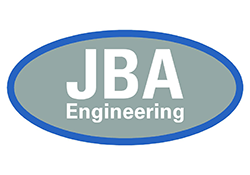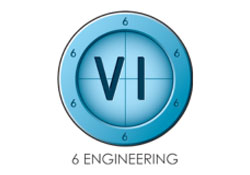Design and Simulation of a Hydrogen-Fuelled Free-Piston Engine Generator (FPEG) for Clean Cold-Ironing
Research and innovation

Teesside University and Durham University have partnered with H2CHP Ltd and Johnson Matthey to develop a new type of generator powered by hydrogen, aimed at reducing pollution in ports.
Challenge
When ships are docked, they rely on diesel generators to power their systems, which contributes to air and noise pollution in port areas. Upgrading the electrical infrastructure at ports to reduce this pollution is expensive and time-consuming. Additionally, current methods of connecting ships to shore power, known as "cold-ironing," face practical and financial challenges.
Solution
The project aims to create a compact and efficient generator that uses hydrogen as fuel. This generator, known as a Free-Piston Engine Generator (FPEG), is designed to work in ports, either onshore or on a barge, to provide clean energy to docked ships. The team will test this generator in real-world conditions to see how well it can replace diesel generators and reduce pollution.
Impact
This new hydrogen-powered generator could significantly reduce the environmental impact of ports by cutting down on emissions. It could also make UK ports more attractive to shipping companies that use cleaner technologies, potentially leading to increased business and job creation in the sector.


























































